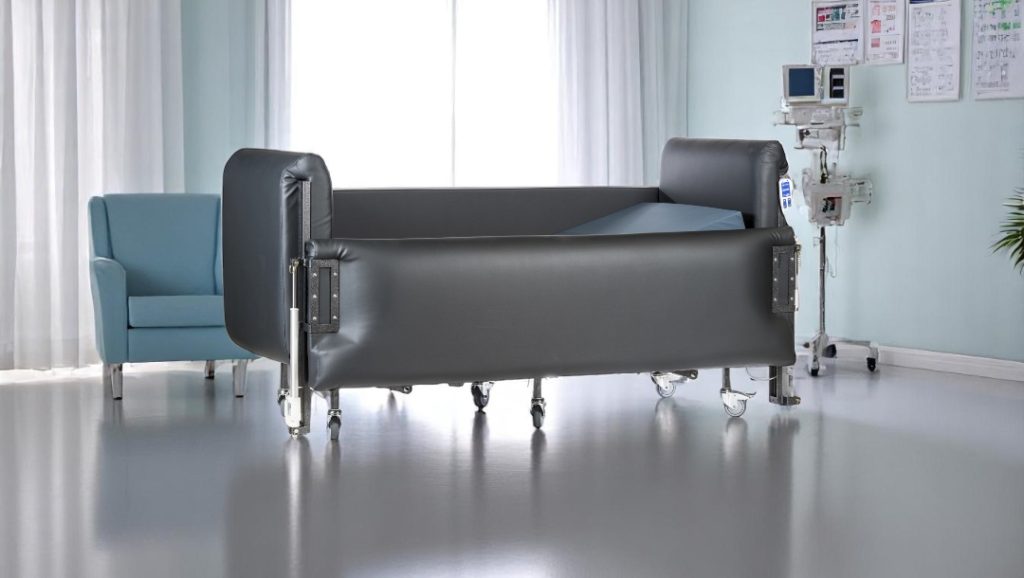
When it comes to assistive technology, timing is everything. Many people wait until a condition has severely progressed before considering specialised equipment. At Novacorr, we believe early intervention isn’t just helpful, it’s critical. Providing the right equipment early can transform outcomes, both clinically and emotionally.
For individuals living with progressive neurological conditions like Huntington’s disease, Motor Neurone Disease (MND), or Multiple Sclerosis, early use of tailored equipment can slow physical decline, reduce fatigue, and improve safety. For example, using a chair with tilt in space functionality early can help manage posture, conserve calories, and even reduce behavioural symptoms by offering a secure environment. It can also reduce the need for manual handling by carers, reducing injury risk on both sides.
It’s important to recognise that assistive technology is not just reactive. It’s proactive. If introduced early, equipment can be integrated seamlessly into daily routines, removing the stigma that often comes with medical equipment. This is particularly important for clients who may struggle with accepting their changing needs.
Families often tell us, “We wish we had this sooner.” Waiting can mean missed opportunities to maximise independence, reduce injury risk, and avoid rushed NDIS applications during a crisis. It can also result in higher long-term costs due to injuries, hospital stays or interim equipment that is not fit for purpose.
Early intervention allows time for scripting, trialling and adjusting equipment without panic or pressure. With early planning, you can also future proof your investment, allowing the equipment to evolve with your client’s needs over time. Many of our beds and chairs are modular in design, meaning features can be added or removed as required.
At Novacorr, we support OTs and families every step of the way. We collaborate on assessments, provide clinical justifications, and offer in-home or facility-based trials. This ensures the selected equipment aligns with both clinical needs and lifestyle goals.
If you are supporting someone with a progressive condition, don’t wait for the next fall or functional decline to take action. The right equipment, provided early, can preserve dignity, prevent complications, and give people more good days. And that, we believe, is worth acting for.